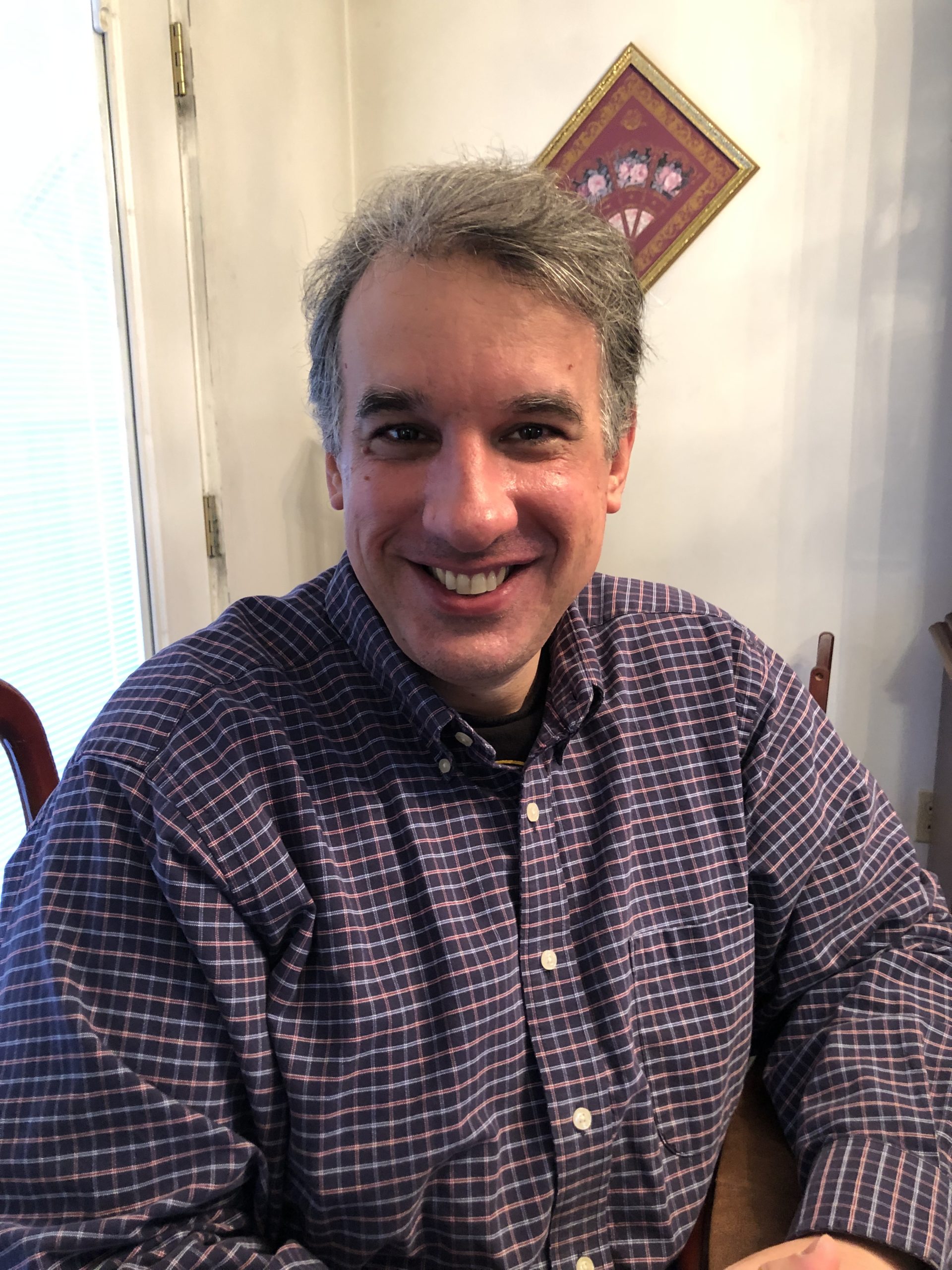
At the core of many modern leftist obsessions lies a centuries-old canard — namely, that your existence poses a problem.
Indeed, modern leftists have become the intellectual heirs of Thomas Malthus, the late-18th and early 19th-century English political economist who argued that population growth strains limited resources.
Much in modern leftist ideology qualifies as neo-Malthusian, for it assumes the truth of overpopulation.
However, according to the 2022 book “Superabundance: The Story of Population Growth, Innovation, and Human Flourishing on an Infinitely Bountiful Planet,” co-authored by Gale Pooley and Marian L. Tupy, modern leftists not only have exaggerated in promoting neo-Malthusianism but in fact have inverted the truth.
In short, we need more people, not fewer.
Affluent Liberals and Overpopulation
By “modern” left or leftism, I mean the dominant, anti-human ideology of affluent liberalism. In fact, for present purposes, modern leftism and affluent liberalism amount to interchangeable systems of thought.
Affluent liberalism qualifies as leftist because it masquerades as enlightened compassion while leading to authoritarianism.
For instance, affluent liberalism’s obsession with abortion has a direct relationship to the overpopulation argument.
Should we be concerned about overpopulation?
Yes: 40% (4 Votes)
No: 60% (6 Votes)
In a 2018 study conducted by the International Institute for Applied Systems Analysis, for instance, demographer Wolfgang Lutz and his colleagues predicted that the global population would not increase as much as United Nations researchers had feared.
A summary of Lutz’s forecast explained how this slower population growth would happen and why it would be beneficial.
“The trend toward lower population growth is good news because it means that the global expansion of reproductive freedom is empowering more families to decide how many children they wish to have,” the summary read.
In other words, lower population growth constitutes a positive good because it reflects expanded “reproductive freedom.”
Likewise, affluent liberals’ obsession with climate change has roots in neo-Malthusianism.
In a 2022 article highlighting the key argument advanced in his aforementioned book “Superabundance,” Tupy cited Democratic Rep. Alexandria Ocasio-Cortez of New York as an unfortunate symbol of this fusion between overpopulation fears and climate extremism.
“It is basically a scientific consensus that the lives of our children are going to be very difficult, and it does lead young people to have a legitimate question: is it OK to still have children?” Ocasio-Cortez said in a 2019 social media post.
Of course, as core political concerns, abortion and climate change have no inherent appeal to the working class.
In fact, poor people have good reason to suspect that affluent liberals are not their friends.
After all, affluent liberals openly tout abortion as a way to keep poor people from multiplying.
Affluent liberals also stoke fears of climate change as a way to keep poor people from consuming scarce resources. Al Gore and John Kerry may fly on private jets, but the peasants must reduce carbon emissions.
Poor people have good reason to suspect these things because they have seen them in the past.
Historical Malthusianism
Malthus’ most famous writing, “An Essay on the Principle of Population” (1798), coincided with the early Industrial Revolution in England. Thus, it prompted some influential social reformers — i.e., busybodies — to blame England’s working poor for their own miseries.
The poor marry too early and have too many children, reformers said. Furthermore, those children consume too much. England’s working people, therefore, must learn restraint and austerity.
Malthus himself deserves only a fraction of the blame. In fact, those busybody reformers — the affluent liberals of their day — turned Malthus’ theory to political purposes.
Then, a funny thing happened.
England’s working-class radicals forged a political alliance with some conservative Tories.
“Although Jacobin and Tory are at opposed political poles,” the Marxist historian E.P. Thompson wrote, “sparks of feeling and of argument are continually exchanged between them,” for the Malthusian reformers presented Tories with “an ultimate choice between the values of order and those of humanity.”
Today, while we remain committed to a just social order and to the traditional values that sustain it, conservatives in large numbers have rallied to the defense of humanity against affluent liberal meo-Malthusianism.
The Economic Benefits of a Surging Population
Finally, Tupy’s 2022 article explained why modern leftists have inverted the truth about population.
In sum, he showed that “time prices” — how much time a laborer must spend working in order to afford a particular commodity — have sharply declined as the global population has soared since 1960. Hence, “personal resource abundance” increased by 527 percent over the same period.
This led to a remarkable conclusion.
“On average, every additional human being created more value than he or she consumed,” Tupy wrote.
Superabundance occurs when people are free to think and thus innovate.
“Such people can create tremendous value” through their innovations, Tupy noted.
“The Earth’s atoms may be fixed, but the possible combinations of those atoms are infinite,” he added. “What matters is not the physical limits of our planet, but human ability to reimagine the use of resources that we already have.”
Thus, people produce prosperity. Their mere existence raises the standard of living. We need more of them.
Could we imagine God’s creation working any other way?






